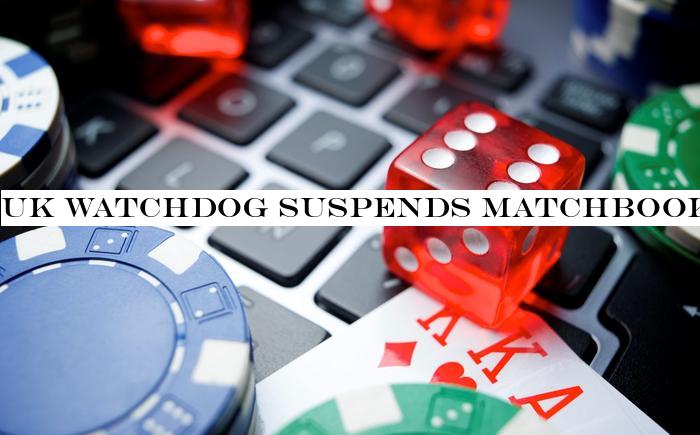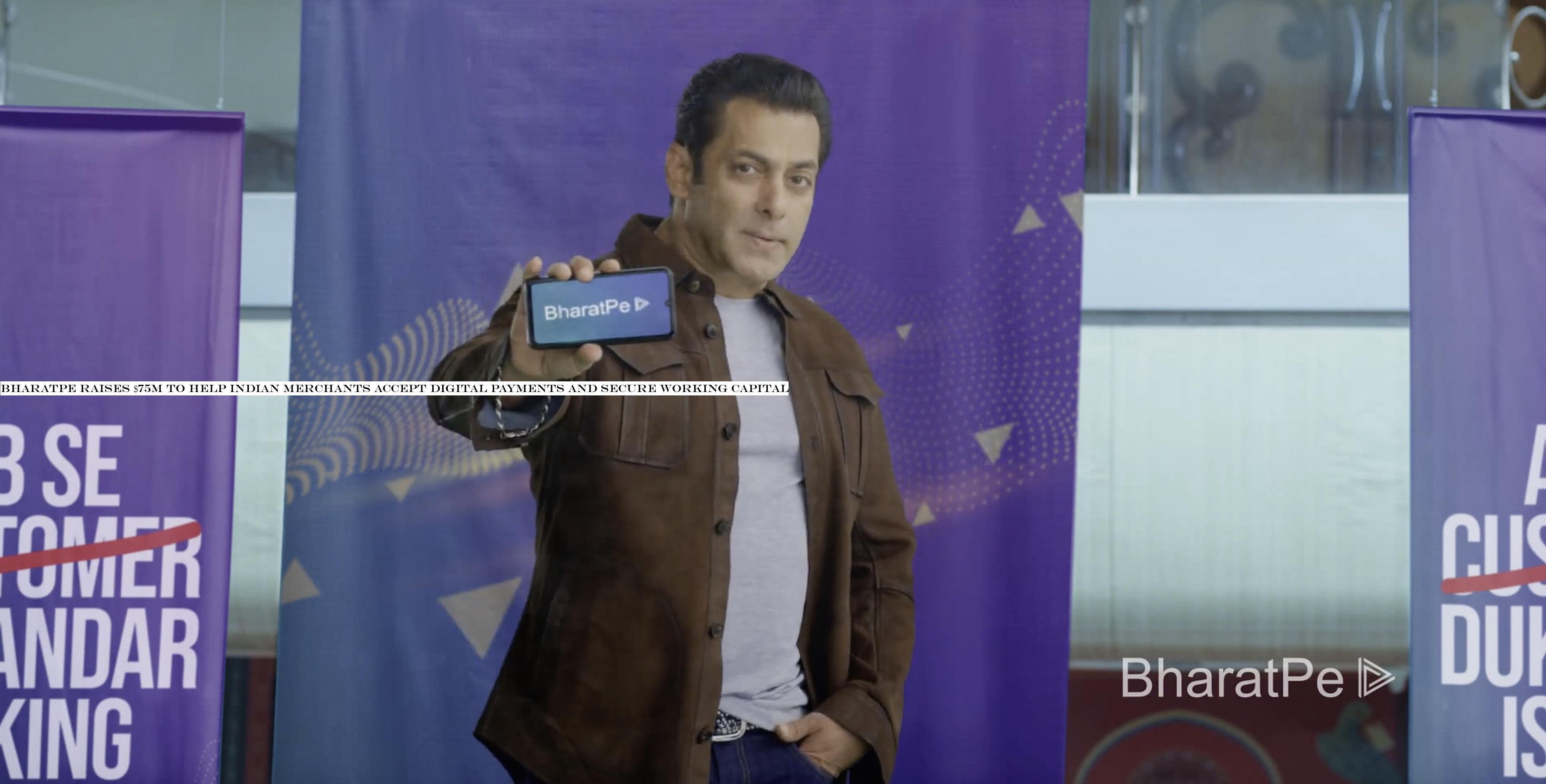Music
Trailers
DailyVideos
India
Pakistan
Afghanistan
Bangladesh
Srilanka
Nepal
Thailand
Iraq
Iran
Russia
Brazil
StockMarket
Business
CryptoCurrency
Technology
Startup
Trending Videos
Coupons
Football
Search
Download App in Playstore
Download App
Best Collections
Technology

- Details
- Category: Technology Today
Read more: UK watchdog suspends Matchbook licence
Write comment (98 Comments)What happens if a Covid-19 coronavirus pandemic hits? Ittime to at least start asking that question. What will the repercussions be, if the virus spreads worldwide? How will it change how we live, work, socialize, and travel?
Don&t get all disaster-movie here. Some people seem to have the notion that a pandemic will mean shutting down borders, building walls, canceling all air travel, and quarantining entire nations, indefinitely. That is entirely incorrect. Containment attempts can slow down an outbreak and buy time to prepare, but if a pandemic hits, by definition, containment has failed, and further attempts will be pointless if not counterproductive. Rather:
The focus will switch from containment to mitigation, i.e. slowing down how fast the virus spreads through a population in which it has taken root. Mitigation can occur via individual measures, such as frequent hand washing, and collective measures, such as &social distancing& — cancellations of mass events, closures, adopting remote work and remote education wherever possible, and so forth.
The slower the pandemic moves, the smoother the demands on health-care systems will be; the less risk those systems will have of becoming overloaded; the more they can learn about how best to treat the virus; and the greater the number of people who may ultimately benefit from a vaccine, if one is developed. I recommend the whole thread above this instructive graph:
An important question for those of us in the media is: how do we report on Covid-19, in this time of great flux and uncertainty? Let me direct you to this excellent Scientific American piece by HarvardBill Hanage and Marc Lipsitch: &How to Report on the COVID-19 Outbreak Responsibly.& (Disclosure / disclaimer; Bill is a personal friend.)
We think reporting should distinguish between at least three levels of information: (A) what we know is true; (B) what we think is true—fact-based assessments that also depend on inference, extrapolation or educated interpretation of facts that reflect an individualview of what is most likely to be going on; and (C) opinions and speculation […] facts about this epidemic that have lasted a few days are far more reliable than the latest &facts& that have just come out, which may be erroneous or unrepresentative and thus misleading. […] Distinguish between whether something ever happens and whether it is happening at a frequency that matters.
Read the whole thing. As an opinion columnist, I&m on pretty safe ground, in that everything I write is definitionally C) in the above taxonomy … but basically everything I&m citing counts as B).
Which includes the following statement: when I say &if a& in the first paragraph above, I really mean &when the.& A pandemic is coming; the question is at what scale. I recognize that may sound like irresponsible doomsaying. I strongly encourage you to be skeptical, to read widely, and to draw your own conclusions. But the clamor of expert voices is growing too loud for me to ignore. Herean entire Twitter thread linking to epidemiologists at Harvard, Johns Hopkins, and the Universities of Basel and Bern, saying so with very little ambiguity:
Don&t panic. There is a great deal we can and will do to limit and mitigate this pandemic. Itall too easy to imagine fear becoming far more dangerous than the virus itself. Don&t let that happen. Italso worth noting that its mortality rate is likely significantly lower than the headline 2%, not least because that doesn&t include mild undiagnosed cases:
Furthermore, the rate seems much lower yet for anyone under 60 years old, and enormously lower for anyone under 50. Some more context regarding mitigation:
Unless all of those people cited above are wrong — which seems unlikely — we will all spend the next weeks and months sharing the very strange collective experience of watching, through our laptops and phones, through Twitter and the mass media, the spread of this pandemic through much of the world, in what will seem like slow motion. Our day-to-day lives are ultimately likely to change somewhat. (If your office job isn&t remote-work-friendly today, I assure you, it will be this time next year.) But it will be very far from the end of the world. I suspect we&ll all be surprised by how soon it begins to feel almost normal.
- Details
- Category: Technology Today
Read more: What happens if a pandemic hits
Write comment (95 Comments)
- Details
- Category: Technology Today
Read more: Daredevil inventor 'Mad' Mike Hughes killed in rocket crash
Write comment (100 Comments)
BharatPe, a New Delhi-based startup that is enabling hundreds of thousands of merchants to accept digital payments for the first time and also providing them access to working capital, has raised $75 million in a new financing round as it looks to scale its business in the nation.
The Series C round for the one-and-a-half-year old startup was led by New York-headquartered hedge fund Coatue Management and existing investor Palo Alto-based fintech investor Ribbit Capital .
VC firm Amplo, and existing investors Steadview Capital and Insight Partners also participated in the round, which valued the startup at over $400 million. The startup has raised $140 million to date.
BharatPe operates an eponymous service to help offline merchants accept digital payments. Even as India has already emerged as the second largest internet market, with more than 500 million users, much of the country remains offline. Among those outside of the reach of the internet are merchants running small businesses, such as roadside tea stalls.
To make these merchants comfortable in accepting digital payments, BharatPe relies on QR codes built as part of government-backed UPI payments infrastructure. Ashneer Grover, co-founder and chief executive of BharatPe, said the startup will use much of the fresh capital to fund working capital for its merchant partners.
BharatPe, he said, has disbursed about $14 million &short-term& loans to over 20,000 merchants in the last seven months. New merchants can secure about $500 for a period of three months from BharatPe. As merchants spend more time on BharatPe, the firm increases the amount to about $2,000.
The startup has amassed over 3 million merchants in 30 Indian cities. It aims to more than double that number by March 2021.
The lending business is crucial to BharatPe. Payment apps make little to no money through making transactions on their platforms. Those processing UPI payments can not even charge a small commission to merchants.
Additionally, access to working capital is a major challenge in developed markets such as India. According to a World Bank report, more than 2 billion people globally do not have access to working capital.
- Details
- Category: Technology Today

- Details
- Category: Technology Today
Read more: NASA says an asteroid the size of St Paul's Cathedral will skim past Earth today
Write comment (91 Comments)
Rallyhood says it&private and secure.& But for some time, it wasn&t.
The social network designed to help groups communicate and coordinate left one of its cloud storage buckets containing user data open and exposed. The bucket, hosted on Amazon Web Services (AWS), was not protected with a password, allowing anyone who knew the easily-guessable web address access to a decadeworth of user files.
Rallyhood boasts users from Girl Scout and Boy Scout troops, and Komen, Habitat for Humanities, and YMCA factions. The company also hosts thousands of smaller groups, like local bands, sports teams, art clubs, and organizing committees. Many flocked to the site after Rallyhood said it would help migrate users from Yahoo Groups, after Verizon (which also owns TechCrunch) said it would shut down the discussion forum site last year.
The bucket contained group data as far back to 2011 up to and including last month. In total, the bucket contained 4.1 terabytes of uploaded files, representing millions of users& files.
Some of the files we reviewed contained sensitive data, like shared password lists and contracts or other permission slips and agreements. The documents also included non-disclosure agreements and other files that were not intended to be public.
Where we could identify contact information of users whose information was exposed, TechCrunch reached out to verify the authenticity of the data.
A security researcher who goes by the handle Timeless found the exposed bucket and informed TechCrunch, so that the bucket and its files could be secured.
When reached, Rallyhood chief technology officer Chris Alderson initially claimed that the bucket was for &testing& and that all user data was stored &in a highly secured bucket,& but later admitted that during a migration project, &there was a brief period when permissions were mistakenly left open.&
Itnot known if Rallyhood plans to warn its users and customers of the security lapse. At the time of writing, Rallyhood has made no statement on its website or any of its social media profiles of the incident.
- Details
- Category: Technology Today
Read more: Rallyhood exposed a decade of users’ private data
Write comment (93 Comments)Page 1409 of 1439

 11
11





